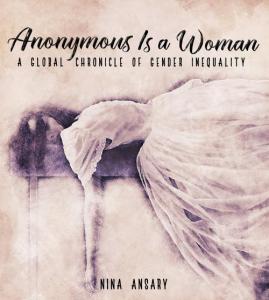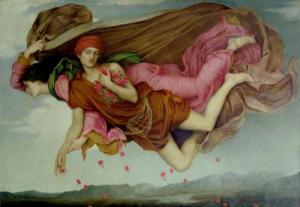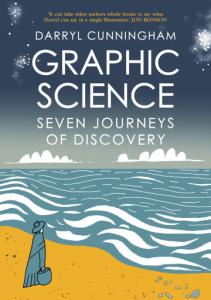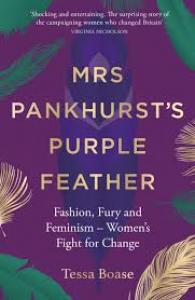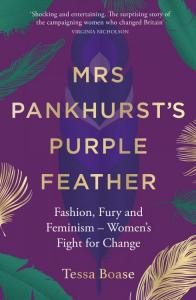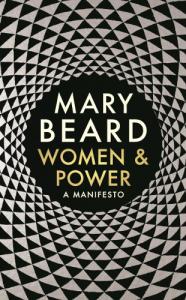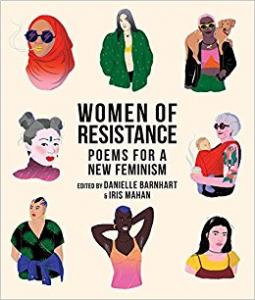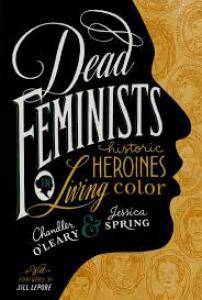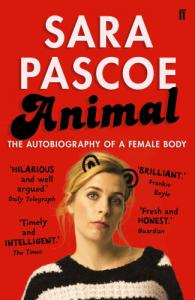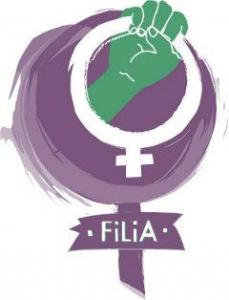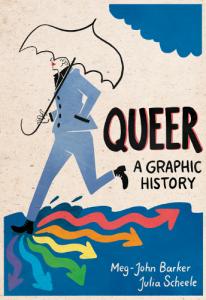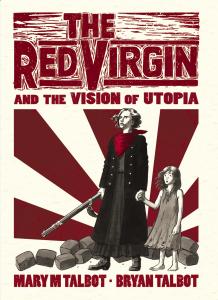Was Cleopatra really a ‘girlboss’?
In the last few years, countless anthologies of great women from history have been published. Many of them, unfortunately, feature already well-known figures: I have three such books which have a section on Cleopatra, despite the fact that her fame probably doesn’t need much boosting.
Nina Ansary’s new contribution to the genre, however, features a very different Cleopatra: Cleopatra Metrodora, an ancient Greek woman who is thought to have…


